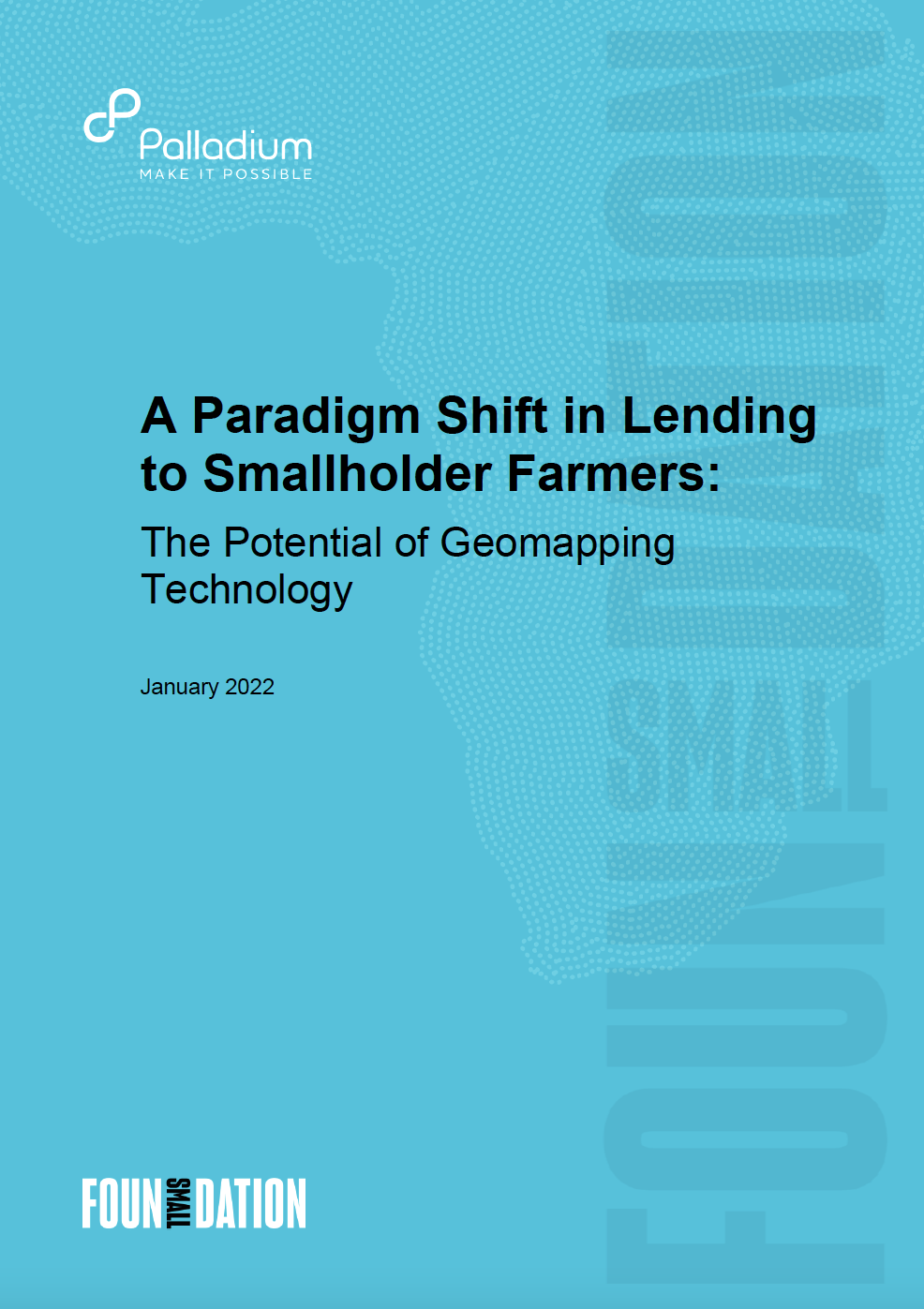Shades of Land
The Support to Responsible Agricultural Investments (S2RAI) Project promotes internationally recognized principles and guidelines to ensure food and land tenure security for communities in the context of large-scale commercial land investment as well as strengthen the institutional frameworks and coordination structures at federal and regional levels in relations to responsible agricultural investment in Ethiopia.




